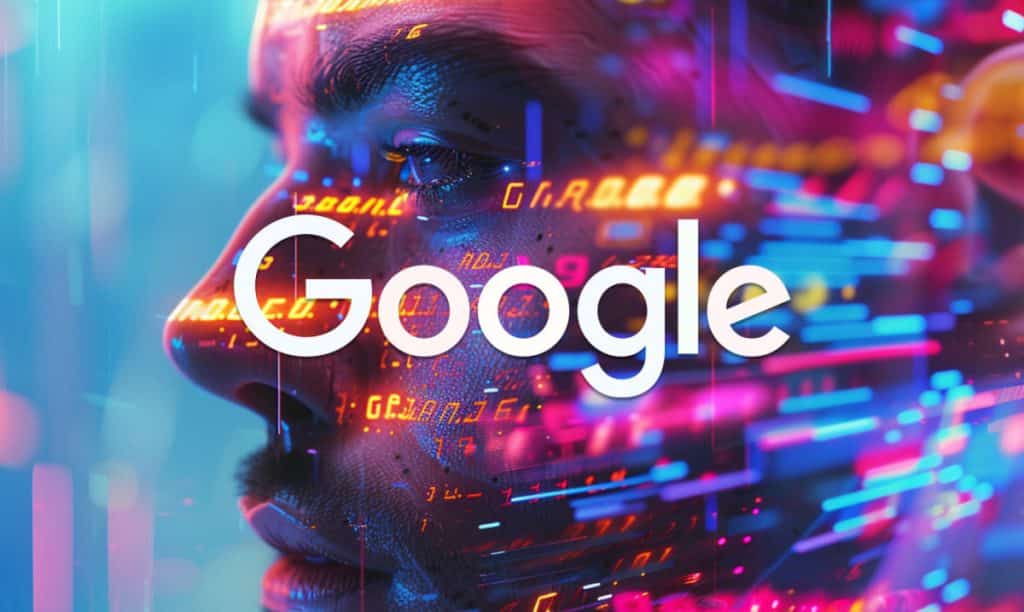Google Unveils Lightweight Open-Source Gemma 2B and 7B AI Models for Chatbot Developers


In Brief
Google launched two open-source lightweight AI models Gemma 2B and 7B for developers working on simple chatbots or summarization.

Technology company Google introduced two new open-source AI models, Gemma 2B and 7B, providing developers with increased flexibility to leverage the research findings from its flagship product, Gemini—a generative AI general model.
However, while Gemini remains a large closed AI model, the lightweight Gemma models offer a more accessible option for developers working on smaller tasks, such as simple chatbots or summarization.
Gemma models “outperform significantly larger models on key benchmarks” and can run directly on a developer’s laptop or desktop computer. These models will be accessible through platforms such as Kaggle, Hugging Face, Nvidia’s NeMo, and Google’s Vertex AI.
Gemma 2B and Gemma 7B are designed to serve diverse computing requirements. The Gemma models ensure cross-platform compatibility by supporting JAX, PyTorch, and TensorFlow, making them accessible across major frameworks. Developers can easily integrate these models with ready-to-use Colab and Kaggle notebooks for a seamless start. Moreover, the Gemma models are optimized for performance on Nvidia GPUs and Google Cloud TPUs, ensuring top-notch execution.
Developers interested in exploring Gemma can access resources and guides on Google’s AI website. This initiative is part of Google’s broader objective of enhancing accessibility to AI technology and contributing to the development of responsible AI applications.
Google Broadens AI Accessibility, Follows Meta
While it remains to be seen how much demand exists for smaller models such as Gemma, other AI companies have also introduced lighter-weight versions of their main foundation models.
Last year, technology conglomerate Meta released Llama 2 7B, the smallest iteration of a family of pre-trained and fine-tuned large language models (LLMs) Llama 2. Additionally, Google’s flagship model, Gemini, has various weights, including Gemini Nano, Gemini Pro, and Gemini Ultra. Recently, the company unveiled a faster Gemini 1.5, primarily targeting business users and developers.
Google’s recent release of new AI models highlights the company’s dedication to empowering developers within the AI landscape, offering a more accessible option for smaller tasks.
Disclaimer
In line with the Trust Project guidelines, please note that the information provided on this page is not intended to be and should not be interpreted as legal, tax, investment, financial, or any other form of advice. It is important to only invest what you can afford to lose and to seek independent financial advice if you have any doubts. For further information, we suggest referring to the terms and conditions as well as the help and support pages provided by the issuer or advertiser. MetaversePost is committed to accurate, unbiased reporting, but market conditions are subject to change without notice.About The Author
Alisa is a reporter for the Metaverse Post. She focuses on investments, AI, metaverse, and everything related to Web3. Alisa has a degree in Business of Art and expertise in Art & Tech. She has developed her passion for journalism through writing for VCs, notable crypto projects, and scientific writing. You can contact her at alisa@mpost.io
More articles

Alisa is a reporter for the Metaverse Post. She focuses on investments, AI, metaverse, and everything related to Web3. Alisa has a degree in Business of Art and expertise in Art & Tech. She has developed her passion for journalism through writing for VCs, notable crypto projects, and scientific writing. You can contact her at alisa@mpost.io






















































